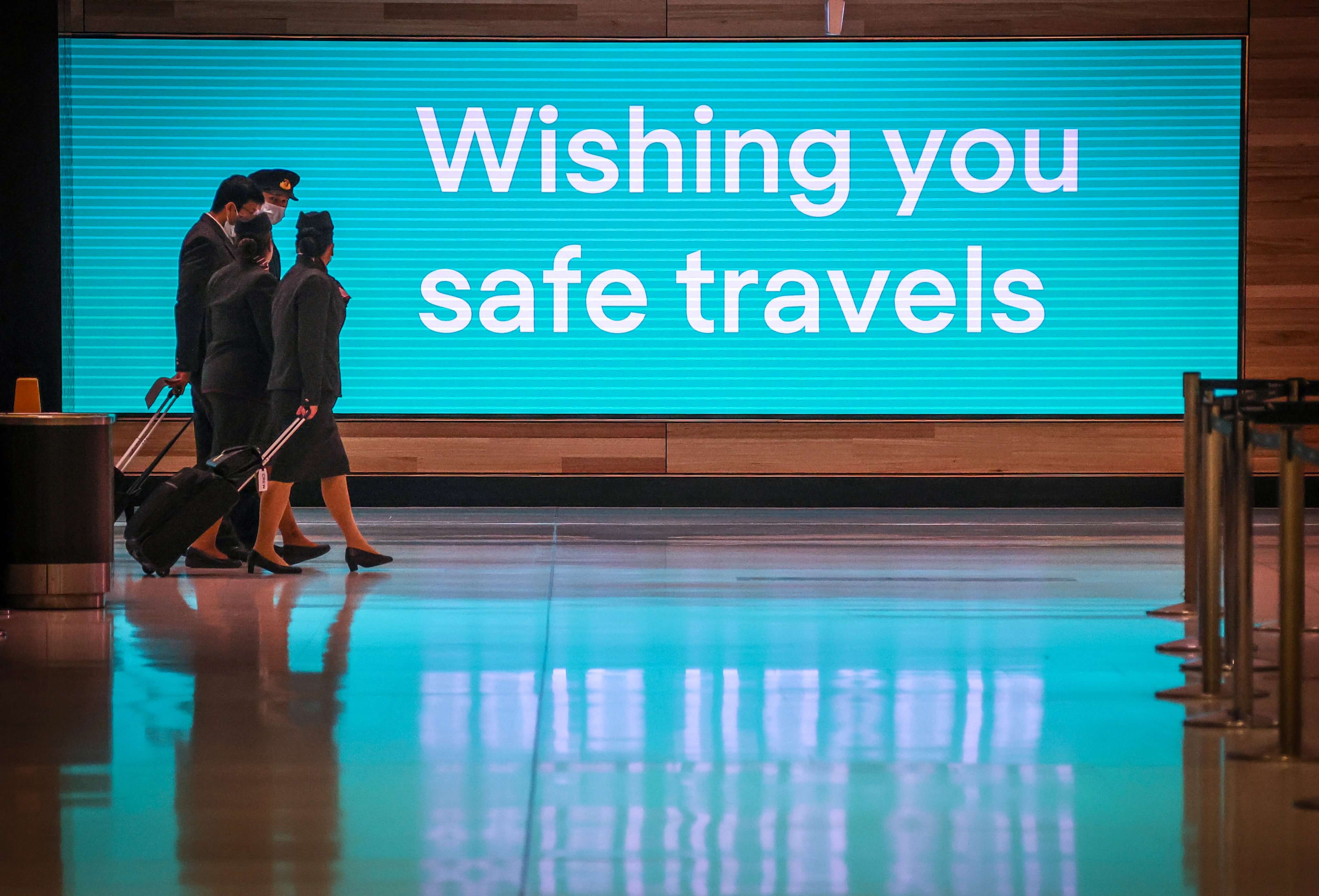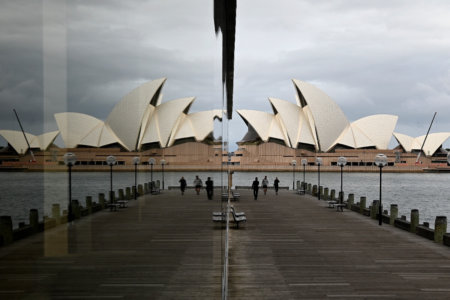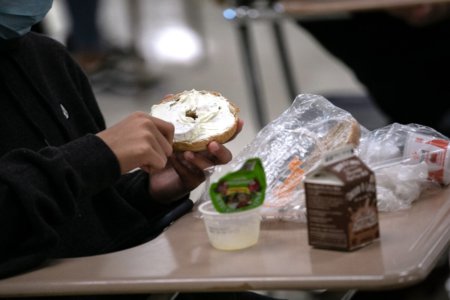
There’s continued frustration and anxiety for international students who remain locked out of Australia due to COVID-19 border restrictions. Government announcements over proposals for their return to Australia have come to nought. Online campaigns have not resulted in a clear timeline over students’ return.
So, has Australia “failed” its international students who continue to be stranded abroad amid the pandemic? Rising disappointments have less to do with border closures than with a lack of clear message from “the top” over their return to Australia, said The Lygon Group head of research Angela Lehmann.
“What has caused the most anxiety and, at times, anger towards the Australian government is not necessarily about the border closures per se, but about a lack of clear messaging, a lack of timelines and a lack of positive communication from the federal government about the importance of welcoming students back onshore,” she told Study International via an email interview.
The Lygon Group is a consultancy working in the international education sector that provides advice and insight to institutions, companies and organisations to build a strong international education sector. Lehmann has expertise in migration and higher education, has published several books and articles, and holds a PhD in sociology from ANU.
While state governments and universities have been working towards keeping clear and welcoming communication, many students are looking for this communication from the federal government – which has not happened.
“These students stranded offshore are watching the news from the Australian government incredibly closely — their lives and their plans depend on it! So everything that is said by the top politicians in our country is heard by these students. Indeed, everything that is not said by these people is heard even louder,” she said.
“When the prime minister or the minister for immigration do not mention international students when discussing border reopening and re-iterate instead that returning Aussies are the priority, our stranded students hear a message of neglect, of not being welcome, and even further, of being important purely for money — a ‘cash cow’, if you will.”
Skyrocketing levels of anxiety

Students’ rising disappointments have less to do with border closures than with a lack of clear messaging from the Australia government. Source: David Gray/AFP
Australia closed its borders to all non-citizens and non-residents on March 20, 2020. In the past year, international students have turned to Twitter to highlight their desperation to return to Australia to resume face-to-face studies, in addition to calling for a clear timeline for their return to Australia. Many have highlighted that the stress and uncertainty of the situation have taken a toll on their mental health, while online lessons have been “unimpressive.”
“The absence of a timeline has caused an incredible amount of anxiety for students that are stranded offshore. When we talk about ‘anxiety’, we define this as firstly an inability for someone to reach their desired goal and secondly an uncertainty around when this will come to an end. This is certainly the conditions that our stranded students are in,” explains Lehmann.
Students stranded abroad are not able to achieve what they had aimed for: an international education and an engagement with Australian life. Lehmann acknowledges that “Influencing border reopening is a very difficult aim for a student campaign. However, what is more achievable is lobbying for frameworks, for better communication and for clear information.”
“We have spoken to students who have been stranded now for over a year and who are facing pressure from their families and communities to change their minds, or give up their plans to study at all. This is a very difficult time for these students and their families and taking an empathetic approach to this group of people is urgent.”
Has Australia’s response to students torched its reputation as a HE magnate?
Immigration Minister Alex Hawke said the government is working on reopening their international borders to help the international student sector.https://t.co/6UuK8iIjKj#LetUsBackToAus #InternationalStudentsAustralia @AlexHawkeMP
— Study International (@Study_INTNL) March 22, 2021
How Australia treats its stranded international students could have long-term repercussions on its image as a higher education magnate, and Australia is in a crucial period. “What we do right now will impact the recovery of the sector,” said Lehmann.
“Students are turning elsewhere – the UK and Canada, for example, have borders that remain open. We have learned this year just how important face-to-face learning and cultural immersion is to our international students. Students are not going to put their futures on hold forever and many are starting to change their minds and enrol in institutions in countries where they can receive on-campus learning.”
Despite that, studies also show that students in China may be more willing than students in India to begin their studies online. “My fear is that the reputation of Australia has suffered a huge hit this year due to the federal government’s lack of attention to this group of people. Repairing a country’s reputation can take a long time, and a lot of hard work.”
All hope, however, is not lost.
Lehmann believes Australia’s quality universities, great lifestyle, and success in controlling the pandemic could help bolster the sector as students will be looking for health and safety once “normality” resumes. “However, we should be planning for a long recovery with a concerted and strategic effort to rebuild our reputation, rather than relying on a ‘turning the tap back on’ approach,” said Lehmann.
“I do agree that Australian universities will need to work harder than their competitors to entice students back once the borders reopen. However, I do also believe that we will have a strong competitive advantage in delivering on a COVID-safe environment once vaccinations are widespread and borders reopen. The work we do now, though – prior to that moment – is going to be key to that recovery.”










